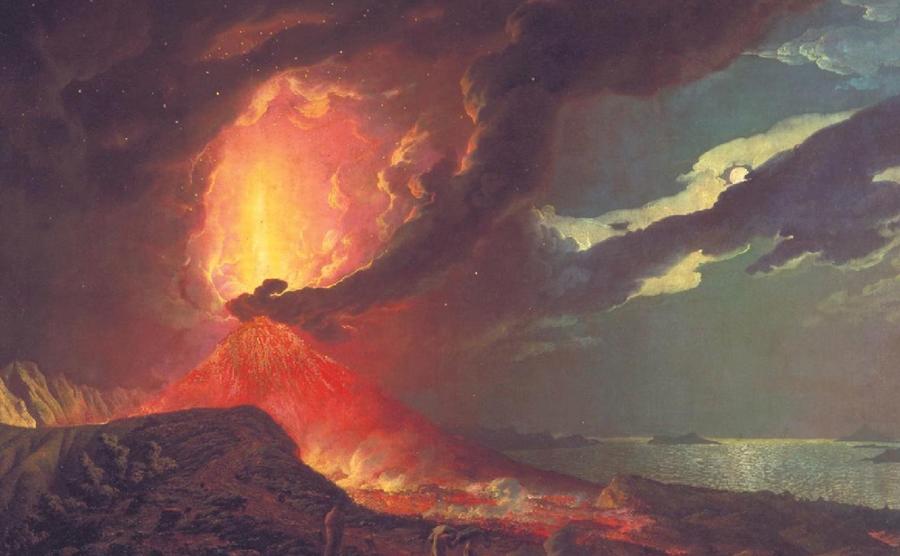Type d'événement, date(s) et adresse(s)
Colloque et journée(s) d'étudeL’atelier de la nature. Production des savoirs matériels, production matérielle des savoirs

Cette journée d’étude vise à penser les relations entre l’expérience in situ en plein air, telle qu’elle a été construite par une variété d’acteurs (savants, voyageurs, peintres, habitants) en la mettant en relation avec le travail dans « l’atelier » pris au sens large de lieu de travail, dans lequel la nature peut être transformée (laboratoires) recréée (peintres), classifiée (savoirs antiquaires et collectionneurs).
Les sites naturels, « atelier de la nature », constituent des lieux de savoirs où les matériaux sont transformés par le biais de connaissances et de savoir faire et où réciproquement ces savoirs sont également transformés - à l’image des champs disciplinaires nouveaux comme la chimie, la minéralogie et la géologie - cultivés dans un espace qui est non seulement le théâtre mais aussi un élément actif de leur métamorphose.
Il s’agit de saisir les circulations qui s’opèrent entre la production matérielle des savoirs et la production des connaissances sur la matière, et la manière dont elles irriguent diversement les dimensions de l’imaginaire pictural et littéraire.
--
The International Study Day wishes to explore the link between working on sites and working in workshops, recreating similar experiences. In such a framework, it makes sense to bridge a various set of practices not restricted to science: a local site is the constantly evolving product of the practices, imaginations, and negotiations of the users (scholars, travelers, artists, inhabitants) of a given place. In any case, our idea is that a site is surely in the scholar’s job an en-plein-air experience that should be related to the atelier phase, by which nature can be recreated (painters), transformed (laboratories), classified (collectors) etc. Workshops and sites of naturalist interest are hybrid fields of material and knowledge production, places where materials are often transformed by means of knowledge and where knowledge is transformed by the materials involved in its development.
Moreover, this continuous flow/activity of cross-references is the tool by which borderline scientific disciplines (see for example chemistry, mineralogy and geology of the second half of the 18th century) can be cultivated in a site that is not simply the theatre of these transformations but an active element of transformation, too.
Our focus on “sites” of knowledge makes it easier to show the representation of the production of material knowledge as well as the representation of the material production of knowledge in images and literature. We plan to do it by examining the nature of knowledge from the peculiar point of view of the knowledge of nature.